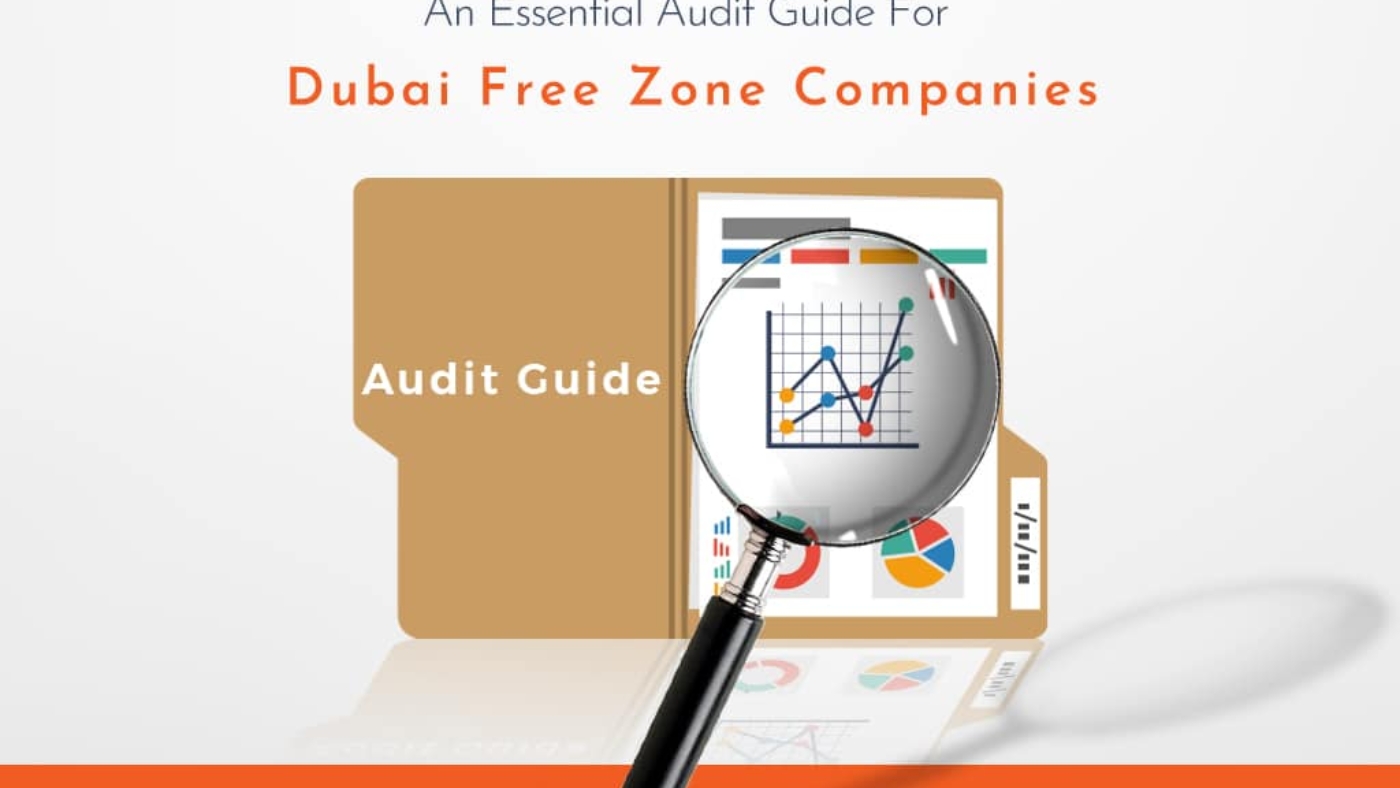Entrepreneurs establish businesses in Dubai free zones to take advantage of unrivaled advantages such as rapid approvals, entire foreign ownership, tax advantages, and low-cost incorporation. Investors should, however, take care not to forget the obligatory standards while reaping the numerous benefits. Many free zones require their permitted businesses to submit annual audit reports to the body in charge of the free zone.
Some free zones demand that the audit be carried out by Dubai-based licenced and approved auditors. Companies who fail to comply with this rule may be fined or have their trade licences revoked. The Dubai Multi Commodities Centre (DMCC), Jebel Ali Free Zone (JAFZA), Dubai Airport Free Zone (DAFZA), Dubai International Financial Centre (DIFC), Dubai South, and other reputable free zones have required audit requirements.
We have put up a handy guide to auditing in Dubai free zones in this article. This section will explain to you the requirements, benefits, and ramifications of failing to submit audited reports to the appropriate free zone authorities.
In free zones, it’s important to keep track of your accounts.
Companies must keep financial records for at least five years in the United Arab Emirates. This need has been stated in many free zones’ implementing rules, including the DMCC’s. The Free Zone Companies (FZCO) and Free Zone Establishments (FZE) must keep financial records for six years, according to the JAFZA Implementing Regulations 2016.
The books of account must be held at the registered office or another location agreed upon by the Board of Directors. At the time of the audit, approved auditors in Dubai should have access to the financial records. According to UAE Tax Law, businesses must also keep books of accounts. Companies operating in Dubai free zones can get sound guidance on record-keeping for audit and tax purposes from the leading audit firms like us in the city.
When Should Audit Reports Be Submitted?
The majority of free zones require businesses to submit reports to the authorities within 90 days of the end of the fiscal year. The report is required to be produced as part of the trade licence renewal procedure in some free zones, such as Dubai South (applicable for branches as well).
A calendar year is traditionally used to calculate a financial year in the UAE. Companies operating in Dubai free zones have the option of choosing their own fiscal year. They must, however, choose a financial year that begins on the date of incorporation and lasts for at least six months and no more than 18 months. Approved auditing services in Dubai can assist free zone businesses in meeting their obligations.
Auditors in Dubai, UAE
The annual audit must be completed by licensed and approved auditors in Dubai or the UAE, according to the Dubai Free Zones, specifically DMCC and JAFZA. The DMCC, Dubai South, and JAFZA Free Zones all maintain a list of approved auditors in the UAE, which they update on a regular basis. The approved auditors must be audit firms based in Dubai, United Arab Emirates, with a current trade licence to conduct auditing activities.
The Costs of Failure to Submit Audit Reports
The financial statements of enterprises registered in the Free Zones are required to be audited every year. Companies operating in Dubai’s free zones that do not follow the rules may face severe consequences. Non-compliance may influence the renewal of a trade licence because most free zones require annual audit reports to be submitted when it is time to renew it. To avoid penalties and non-renewal of trade licences, companies must engage recognised audit firms in Dubai free zones.
Hiring Approved Auditors
Companies licenced by Dubai free zones and operating within them must have their accounts audited. Financial records must be kept for a minimum of five years and audited by qualified auditors in Dubai, UAE. The majority of free zone administrations have an up-to-date list of approved auditors.
Our highly skilled auditors will conduct independent investigations in order to obtain an accurate and balanced conclusion on:
(a) whether the business has kept proper financial records.
(b) whether the accounting records and the company’s accounts are in sync.
(c) if the company’s financial statements have been produced in accordance with International Financial Reporting Standards (IFRS).
As a reputable chartered accounting firm in Dubai and the United Arab Emirates, We have served hundreds of businesses since 2007. Our dedicated team of external auditors with experience supporting enterprises from a wide range of industries bring value to the company by doing external audits in accordance with industry standards.


Add a Comment